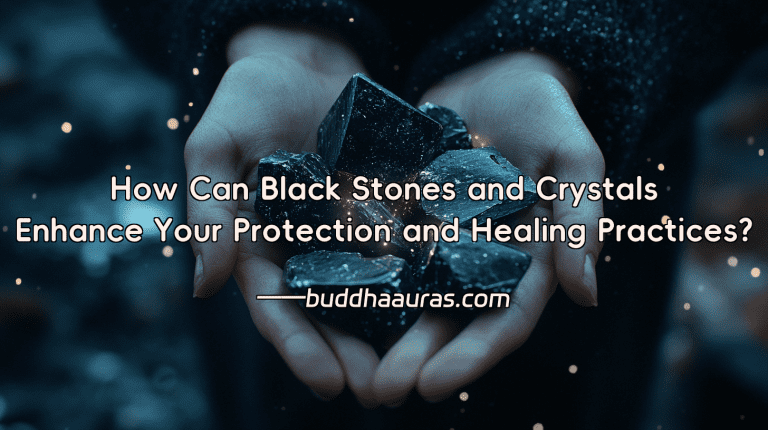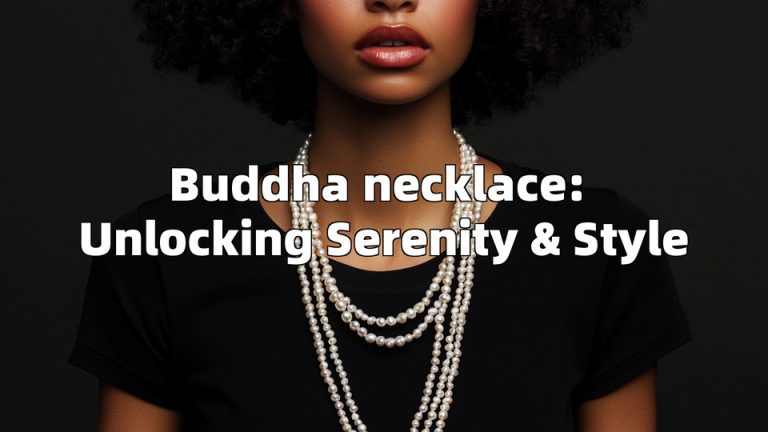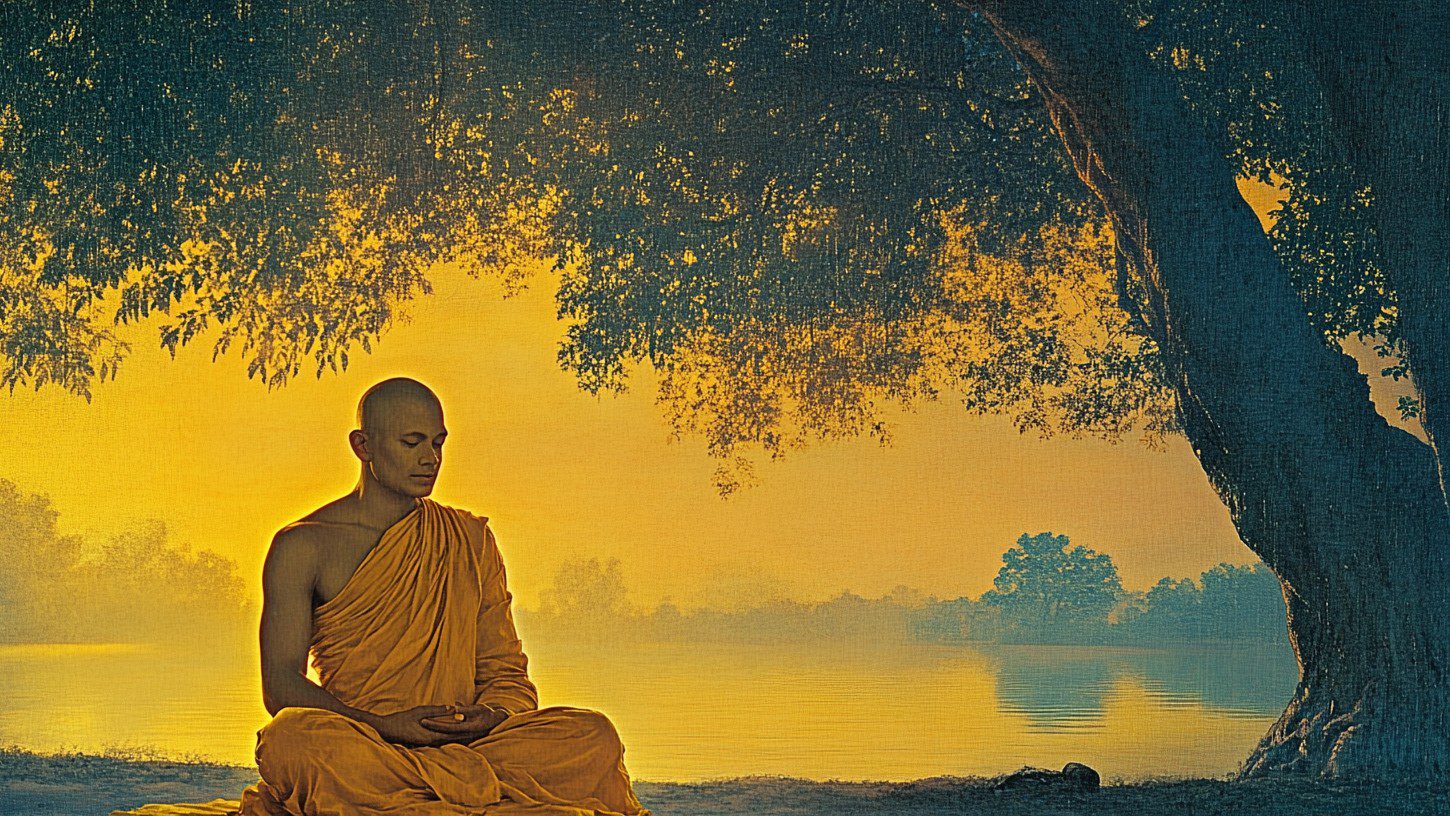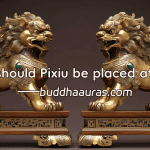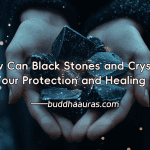Buddhist Perspectives on Health and Spiritual Nourishment
Gratitude to Amitabha Buddha for his compassion, gratitude to the eternal Three Jewels for their compassion, gratitude to our respected teacher for his compassion, and gratitude to all Dharma masters and fellow practitioners for their compassion. Amitabha Buddha, good morning everyone!
The essence of life consists of both internal and external components. Our inner life essence is our spiritual life (referring to the soul), and the external life essence is our physical body.
Everyone in this world desires health and is deeply attached to their physical body. A slight discomfort can cause great panic, illustrating an overemphasis on physical life while neglecting spiritual life, and a pursuit of material nourishment over spiritual sustenance.
Nowadays, people pay great attention to health maintenance. From foreign direct-selling health products a decade ago to the recent rise in vegetarian nutrition products in China, they have been widely sought after.
While the body is important, we often neglect the spiritual aspect of life. Many believe that material things determine everything, seeking nourishment from them to satisfy physical needs. However, the reality of life is that when we possess a strong internal spiritual life, our material life will inevitably be strong as well.
Our inner spiritual life is the foundation of our existence. If there’s an issue at this fundamental level, our external physical body will also encounter problems. Why is this?
Our physical body and even our environment are projections of our inner spiritual life.
Everyone has seen movies. The scenes on the screen are projected from a film. Without the film, no image can be projected; if the film is damaged, the projected image will also be flawed.
Our life is similar. Without an internal spiritual life, our current physical body and environment cannot be projected.
Some practitioners might wonder, if external environments are projections of the mind, why do many people see the same scenes?
For example, when visiting the Great Buddha Temple, we all see the same majestic Hall of Buddha Recitation. This leads to the concept of shared and individual karma in Buddhism.
Buddha taught that in the face of shared karma, everything is indistinguishable. We see the same Hall of Buddha Recitation due to our shared karma. But for an ant, this hall might be a universe, indicating that ants and humans have different karmic paths.
Buddhism teaches that everything is created by the mind. To have a healthy body, one must start with the mind.
If your mind is constantly in a state of joy, your body will be healthy; if your mind is always troubled, your body will be unhealthy.
Heaven and hell are self-created. Heaven is joy, and suffering is hell. People desire happiness and reject pain. But do heaven and hell really exist?
In a case from our Buddhist ancestors, a governor (equivalent to a modern city’s Party Secretary) asked a Zen master, ‘Master, do you believe in heaven and hell?’ The wise master replied, ‘Is someone like you worthy of knowing the answer?’ The governor, feeling insulted, became angry. The master then said, ‘Hell is your current state.’ The master cleverly explained that anger is hell.
If one lives in a state of anger and hatred, they are forever in hell. This hell is created by their own mind. ‘Hell has no gates; it is brought upon by oneself.’
You want health and longevity, which is fine, but relying solely on worldly supplements for physical health is insufficient. Even without these supplements, if you have ample spiritual nourishment and a vibrant life state, your body will undoubtedly be healthy.
Some practitioners may doubt, is this really possible? For ordinary people, no, but if your inner life is truly nourished, you can survive without food or water.
From ancient Damo to modern Xuyun, many Buddhist masters have reached this state. When they entered meditation, they subsisted on the joy of Zen. Damo faced the wall for nine years without eating or drinking, and Xuyun remained healthy after meditating in Mount Zhongnan for about twenty days. Our inability to do so does not mean these events are not true.
We must distinguish primary from secondary. Our internal life state is the decisive factor for our external life state. I met a young female disciple who told me, ‘Master, before learning Buddhism, my complexion was poor, and no skincare product helped. After practicing Buddhism and changing my mindset, I no longer need skincare products, and my husband says I’m more beautiful.’
Therefore, without changing the mindset, no skincare product or nutritious food will be much effective.
Our inner life does not need external material nourishment but true replenishment from our inherent wisdom and universal energy.
If you have practiced meditation, you know that when tired, a few minutes of meditation can restore energy and spirit. Just like feeling refreshed after a hot bath and a good night’s sleep.
Meditation is entering a sleep-like state with a clear, unclouded mind, while sleep is a state of dullness. Both replenish internal energy. The best method of nourishment is changing the body’s internal structure through practice, resulting in a healthy and beautiful external appearance.
By eliminating the seeds of greed, anger, ignorance, arrogance, and doubt, our inherently clear and unblemished joyful mind naturally emerges. The external realm it projects, and our physical appearance, will have no obstacles. Our great Buddha teaches us so.
Thank you all, Amitabha Buddha.

